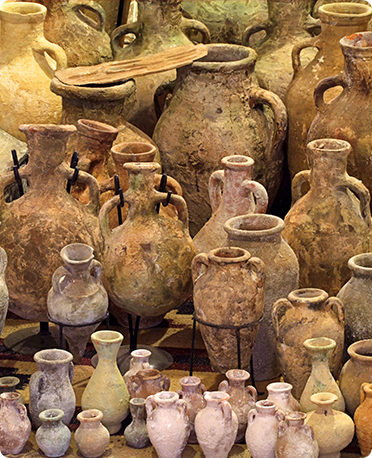

The magazine "Biblical Archaeology Review" defines biblical archaeology as "A branch of archaeology dealing with the archaeology of biblical lands that informs our understanding of the bible and/or the historicity of biblical events."
Other definitions include the specific geographical areas that are studied. For example, "Biblical archaeology is a subset of the larger field of Syro-Palestinian archaeology — which is conducted throughout the region encompassed by modern Israel, Jordan, Lebanon and Syria," wrote Eric Cline, a professor of classics, anthropology and history at George Washington University, in his book "Biblical Archaeology: A Very Short Introduction" (Oxford University Press, 2009).


Biblical worship is an act of exalting God in a place of honor and reverence because He is worthy. Worship is acknowledging the greatness of God both publicly and privately. Whether public or private, worship may include physical expressions of praise, reverence, and humility. Worship admits that God deserves all our devotion and service because He is so far greater than anyone or anything else.


Biblical spirituality is the process of the divine restoration and healing of the broken relation between the Triune God and humanity1. It is the response of a repentant human heart and mind to the divine invitation to be reconciled to God1. Christian spirituality begins with our redemption in Christ2. Spirituality does not imply that one is to flee this world to find God, but that one must find God and grow in grace in this world2.
Don McNeeley, DBS
Director, Center for Biblical Research
Click Here To Review Downable Files | E-mail